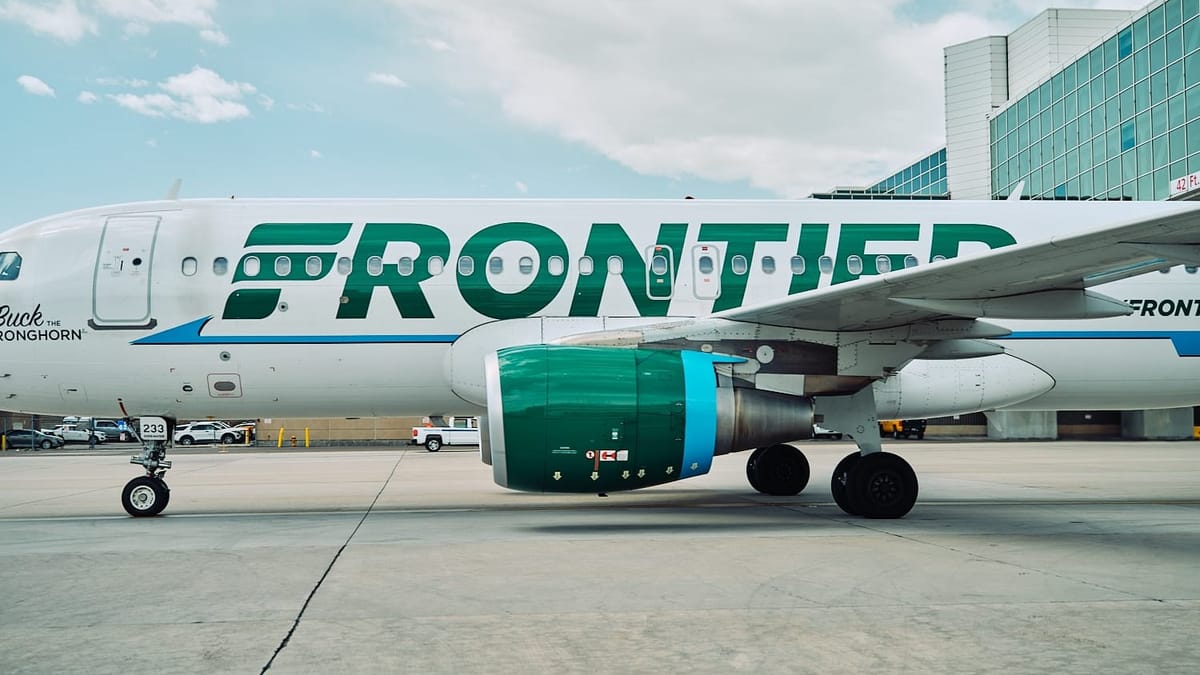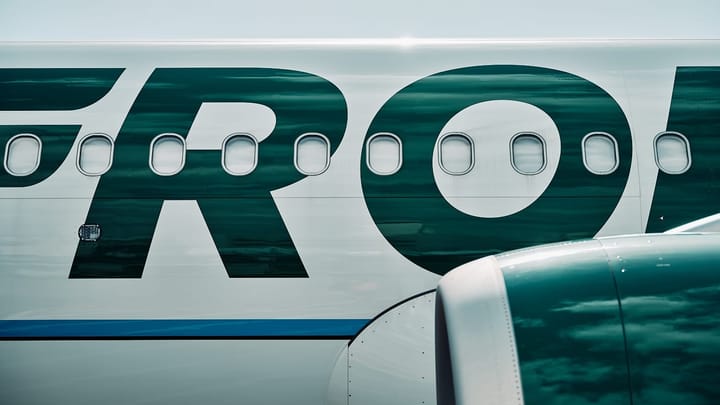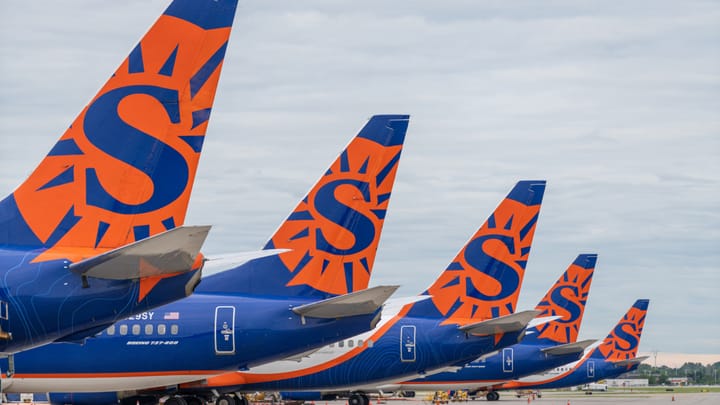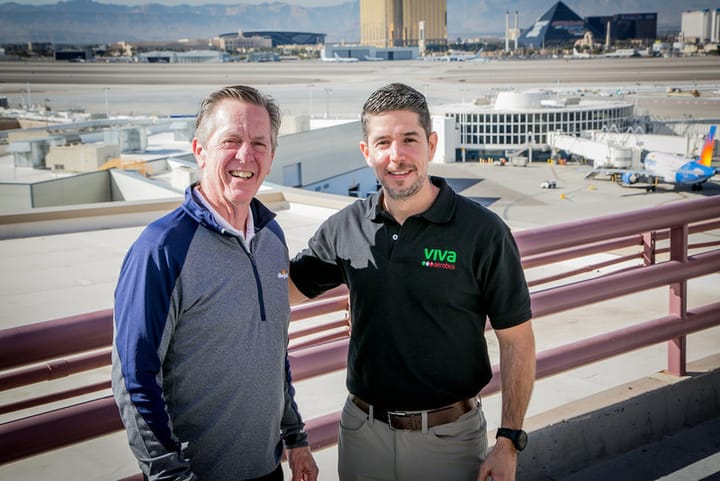US low-cost carriers call for easier gate access across the country’s airports
This was the Association of Value Airlines' (AVA) first official appearance before a US Senate Subcommittee.

Two low-cost carrier executives testified in front of the United States Senate Committee on the Judiciary’s Subcommittee on Antitrust, Competition Policy, and Consumer Rights, sharing their grievances with US lawmakers, including the lack of gate access across airports in the country.
On September 30, 2025, Gregory Anderson, the Chief Executive Officer (CEO) of Allegiant Air, and Barry Biffle, the CEO of Frontier Airlines, testified in front of the Subcommittee, which “will be an important first step in examining competition issues as we face them in the airline industry,” according to Mike Lee, the Chairman of the Subcommittee.
“Americans deserve the benefits of competition, especially when they fly in the form of lower fares, better service, and more choices.”
Cory Booker, the ranking member of the Subcommittee’s minority, continued the hearing’s opening remarks by sharing his personal grievances about air travel, like inadequate seats for his height of 6 feet and 3 inches (190.5 centimeters), as well as the fact that “passengers spend what seems like a third of their monthly mortgage to fly.”
Both Anderson and Biffle, whose airlines are now part of the newly formed Association of Value Airlines (AVA), shared similar opening statements. Anderson said that his appearance in front of the Subcommittee has a goal of sharing the “potential ways to make air travel more accessible for everyone,” with the executive noting that if current trends continue, “American travelers may have fewer options and face higher prices.”
Biffle – who was praised by Booker for his “awesome name” – began by saying that he was usually invited to Congress when “something has gone wrong,” thanking the Subcommittee for inviting him “under better circumstances.”
According to Frontier Airlines’ CEO, history has shown that when low-cost carriers like his airline enter the market, fares go down, and “customers win.” Furthermore, since 2000, legacy airlines, such as American Airlines, Delta Air Lines, or United Airlines, have grown their traffic by 6%, while raising prices by over 40%, compared to low-cost carriers’ traffic, which has grown by 152% while fares increased just 10%. “That is competition at work,” Biffle said.
Cirium’s Diio Mi showed that compared to 2019, the trio of legacy airlines’ domestic capacity, measured in Available Seat Kilometers (ASK), is 8.6% higher in 2025. In contrast, AVA member carriers’ ASKs have grown by 22.2%.
In addition to Allegiant Air and Frontier Airlines, Avelo Airlines, Spirit Airlines, and Sun Country Airlines are members of the AVA, which was established in June 2025.
Biffle noted that an airline can have “planes, pilots, fuel, and crews, but if you do not have the gate, you do not get to play.” According to the executive, currently, “too many of those gates are locked up by a handful of big airlines.”
“Across the country, we see fortress hubs, airports with a single airline controlling 60%, 70%, 80% of the gates. This kind of dominance does not give carriers pricing power; it gives them control of who gets in and out of the market.”
The kicker, Biffle continued, is that many of those gates “are not even fully used,” as they are held by dominant airlines. “They sit on them and block competitors from coming in,” while consumers suffer from higher fares.
Frontier Airlines’ executive suggested how to fix the “inefficient allocation of gates.” First, implement a ‘use it or lose it’ rule; second, implement minimal common-use gate requirements at expanding or renovated terminals; third, allow the Department of Transportation (DOT) to be the authority to reallocate gates when needed; and fourth, transparent and public gate lease agreements.
Biffle did not miss a chance to continue to throw shade at Scott Kirby, the CEO of United Airlines, with the low-cost carrier’s executive reminding Senators that Kirby recently said that “he allows carriers like [Frontier Airlines] to carry traffic.”
“That is an interesting comment that we get what they allow us to carry.”
Allegiant Air’s Anderson shared a similar solution to alleviate the gate shortage problem: to refile the ‘Airport Gate Competition Act,’ which would empower the DOT to mandate “that any application for a federally funded terminal project at large hub airports must designate no less than 33% of gates and other spaces as common use.”
Both executives – in their prepared written remarks – also lobbied for changes regarding the 1,500-hour rule, which, in layman’s terms, requires a pilot to have at least 1,500 flight hours before they can obtain their license to fly commercial aircraft.
During the hearing, Biffle noted that there are ways to monitor pilots’ bad habits, and, using the Colgan Air Flight 3407 crash, which eventually resulted in the 1,500-hour rule, as an example, “and many of the others, there were plenty of predictors.”
“So, a simple 1,500 arbitrary rule is not how you get [quality pilot training]. There are data-driven approaches that you could [use] to improve safety with pilots.”
The pair also touched upon problems unique to their airlines, with Anderson pleading that lawmakers should allow “value airline alliances,” such as Allegiant Air’s with Mexico’s Viva, which has been blocked by the DOT due to issues surrounding access at Mexico City International Airport (MEX). Biffle’s pre-written remarks highlighted the fact that before 2015, Frontier Airlines had re-accomodation agreements with all of the network airlines.
“By the end of 2015, the network carriers terminated those agreements with Frontier and other low-fare airlines, while keeping them in place amongst themselves,” Biffle said, calling for lawmakers to review “network carriers’ exclusionary practice as to re-accommodation.”
Josh Hawley, the majority member of the Subcommittee, concluded the hearing by going at the executives’ throats – having previously scorned Biffle for Frontier Airlines’ policies of paying gate agents to “harass [its] customers” regarding carry-ons – that the “flying experience for most Americans is terrible.”
“You charge them for [their] kids. […] You pay your own employees to harass them.”
“Congress has got a lot of work to do to make it better,” Hawley said.




Comments ()